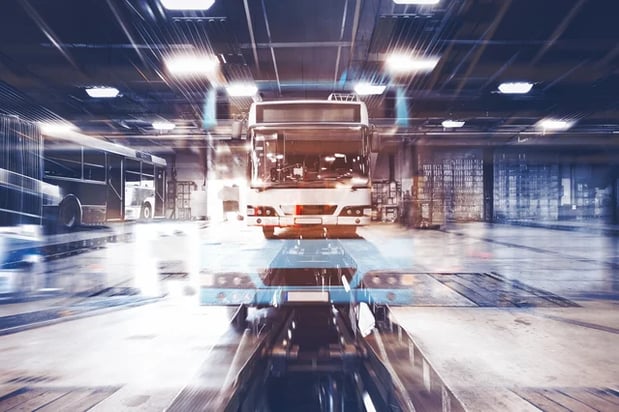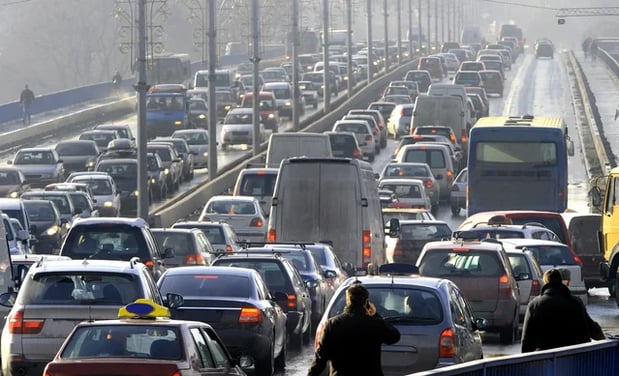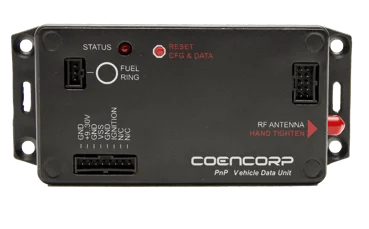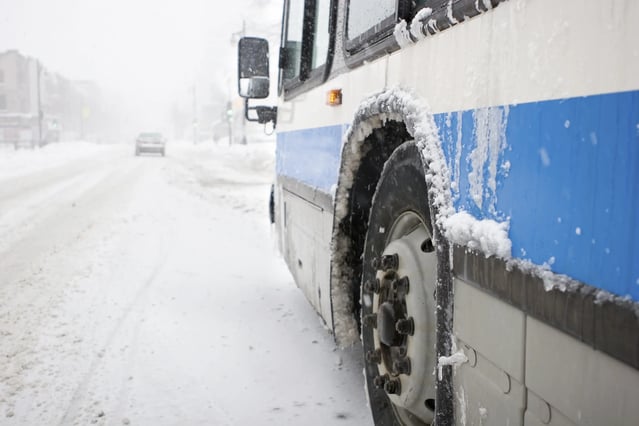The Bad News

Buses running out of fuel on the road occur far more often than most people would believe and are seldom addressed (if at all) by the average fleet management system. It is a major, costly problem in terms of both money and citizen goodwill. The problem is much more complex than it seems and much simpler to solve than many within the industry believe.

Many articles have alluded to the inconveniences of the buses running out of fuel, and some suggested possible misreporting of problems labelled as “bus breakdowns.” The numbers floated so far are in the hundreds of 'out-of-fuel' bus incidents a year for any public transit operation, depending on the size of the population and corresponding fleet of buses. If you dig deeper into bus fleet management software, you can find some shocking numbers suggesting that the potential cost of these 'out-of-gas' incidents can rise to as much as $5K per incident. Dig deeper still, and you learn that these costs, mainly related to labor, break down as follows:
- primary driver pay hours
- dispatcher pay hours
- replacement driver pay hours
- on-site inspectors
- towing
- in-garage safety inspection
- mechanic pay hours
- refuelling
- associated administration costs

The Good News
Could there be a more efficient solution? We believe so and are working hard with many North-American transit authorities to make it work for our typical clients, the public. Yes, many buses don’t have a gas gauge, but this is not as unusual as one would think on public transit vehicles. There is an intensely rigorous and expensive process to perform safety qualifications on any part of the bus. In many cases, buses are custom-built and can range in cost from $250k to over double that amount. Once all the safety conditions are in place, adding a gas gauge isn’t the same as it might cost on a car.
So, what’s the solution? Well, it’s an extra part of the SM2 fleet management system.
 It involves adding a small piece of equipment to the buses’ onboard computer to relay vital engine information (fuel levels and much more) directly to the fleet managers and the bus driver via mobile notification. We call it the VDU, or Vehicle Data Unit.
It involves adding a small piece of equipment to the buses’ onboard computer to relay vital engine information (fuel levels and much more) directly to the fleet managers and the bus driver via mobile notification. We call it the VDU, or Vehicle Data Unit.
“The little black box that says a lot! SM2 Fuel’s Vehicle Data Unit is plug-and-play; no programming or configuration is required. Once installed, the VDU automatically relays vehicle data such as engine hours, mileage, idle time, and fault codes. It automatically identifies the vehicle, guaranteeing that fuel is only dispensed to authorised vehicles.”
We are working hard and looking forward to implementing a bus fleet management solution for all our public transit customers.

Our real-time data relay will give the drivers and dispatchers the power to prevent costly breakdowns before they occur. The bus will notify them when it is low on fuel, and arrangements for replacements can be made to prevent most breakdowns. The data transmitted goes beyond any fuel gauge. It empowers the transit authority with live data to plan and predict labor allotments, minimize emergencies over time, lessen insurance expenses due to preventable breakdowns, and even collect data on driver behaviors and passenger loads. It’s a small piece of equipment that becomes a powerhouse tool for the transit authority, allowing them to do their best: deliver public transit safely and efficiently.
For more information on the benefits of Coencorp’s SM2- fleet management systems, our VDU, and any aspect of our fully integrated & customizable systems, our excellent support team is ready to answer your questions. You can also get more information from our other blog articles or request a meeting. We are always eager to help you find solutions to your unique challenges.
